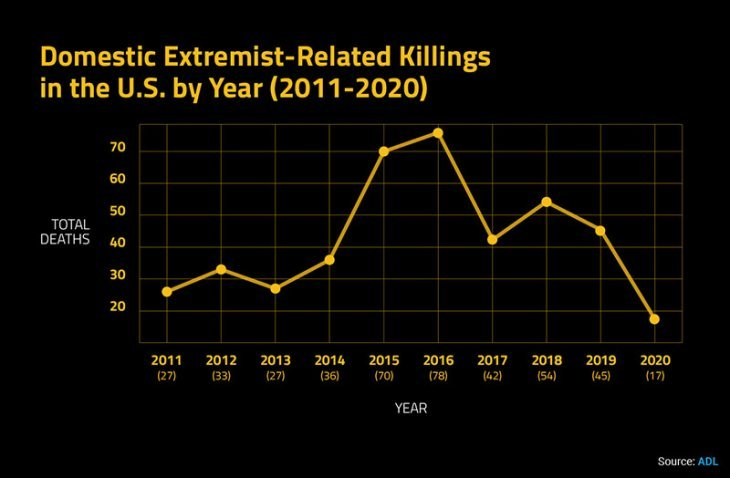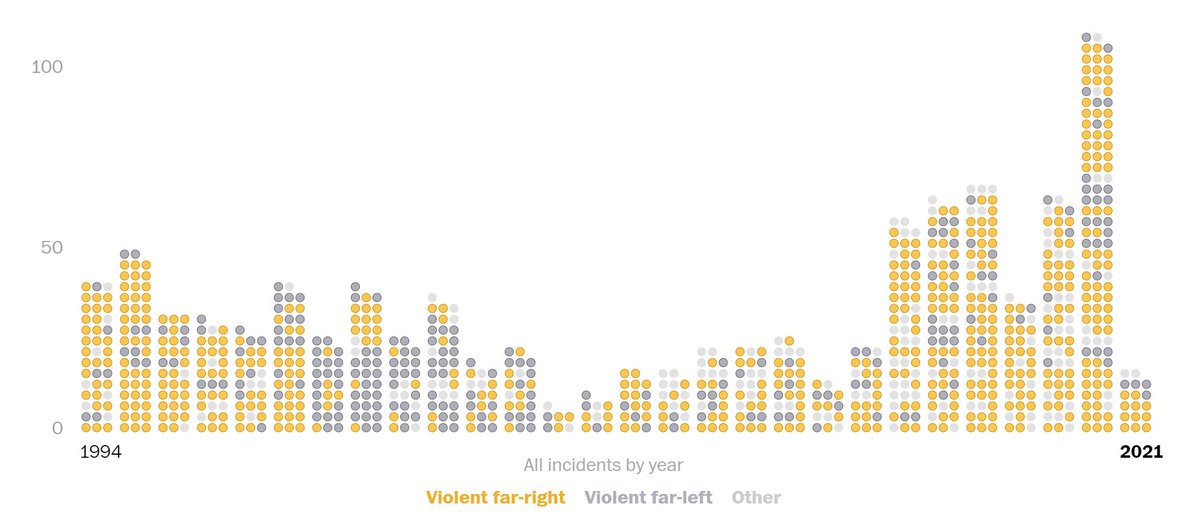
Digital Rights
Here's the first pass I made last fall
patreon.com/posts/44495131
Digital rights are a way to stabilize the online environment. To turn it into a place that generates positive returns over time.
Here's the first pass I made last fall
patreon.com/posts/44495131
Digital rights are a way to stabilize the online environment. To turn it into a place that generates positive returns over time.
Right now, the online environment is unstable, prone to non-linearity in the public sphere, and extractive (to the extreme) in the economic sphere.
How do digital rights emerge? Three pathways:
1) Government mandate.
2) Internet standard.
3) Crypto backdoor.
How do digital rights emerge? Three pathways:
1) Government mandate.
2) Internet standard.
3) Crypto backdoor.
What are digital rights?
1) Identity + rights (access, speech, adjudication). Anonymity still exists, but it doesn't get the rights associated with identity.
1) Identity + rights (access, speech, adjudication). Anonymity still exists, but it doesn't get the rights associated with identity.
2) Data ownership. You own your data (from personal details to interactions with online services). This is a recognition of the fact that this data is becoming the most valuable resource in the world, and we are getting little benefit from it (think serfs).
3) Open platforms. This is mostly a small business issue. App stores (they take 30% of all transactions) and soft blocks on building communities on social networks (unless you pay them big $). In order to accelerate small business formation, these barriers must be minimized.
• • •
Missing some Tweet in this thread? You can try to
force a refresh




